Understanding the Department of Medical Assistance Services Early Periodic Screening Diagnosis and Treatment (EPSDT) Medical Needs Assessment, known as the DMAS-62 form, is crucial for efficiently summarizing daily medical needs to ascertain eligibility for EPSDT nursing. Designed to be filled out with the oversight of a physician, physician’s assistant, or nurse practitioner, this form plays a pivotal role in determining the level of skilled nursing care a patient may require. With sections dedicated to skilled nursing care and technology needs, the form assigns points based on the frequency and complexity of the care needed, including tasks like suctioning, enteral feeds, medication administration, and the use of medical technologies such as ventilators or CPAP machines. Points are tallied to suggest a recommended number of nursing care hours, which are then approved and assigned by DMAS. The form also stipulates re-assessment frequencies and includes detailed instructions on completing the assessment to ensure accurate representation of the patient's needs. Healthcare providers can contact the EPSDT Coordinator for guidance and must fax completed forms to the DMAS Maternal and Child Health Division, ensuring the patient's care needs are meticulously documented and addressed.
| Question | Answer |
|---|---|
| Form Name | Dmas 62 Form |
| Form Length | 5 pages |
| Fillable? | No |
| Fillable fields | 0 |
| Avg. time to fill out | 1 min 15 sec |
| Other names | dmas 62 pdf, dmas 420a form, virginia dmas arts program forms, dmas 62 form |
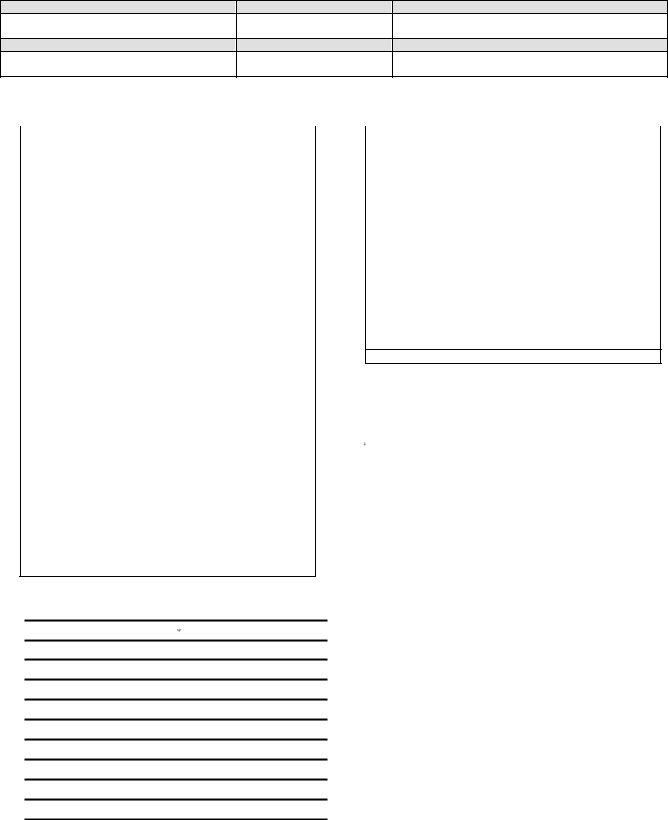
Department of Medical Assistance Services
Early Periodic Screening Diagnosis and Treatment (EPSDT)
Medical Needs Assessment
Summarize daily medical needs to determine eligibility for EPSDT nursing. A physician, physician’s assistant or nurse practitioner must sign the form. If you have questions about this form contact the EPSDT Coordinator at (804)
Please fax the completed referral form to DMAS Maternal and Child Health Division @ 804
Patient Name
Medicaid ID #
Patient Address
Patient Phone Number(s)
Screening Date
MD or RNP Signature
Skilled Nursing Care
(Use a check to indicate care needs)
Nursing needs |
Schedule |
Points |
|
|
|
|
|
Suctioning. |
> q 1 hr |
5 |
|
|
Q |
3 |
|
|
Q 4hrs + |
2 |
|
Enteral Feeds |
continuous |
5 |
|
|
Q 2 hrs |
4 |
|
|
Q 3 hrs |
3 |
|
|
Q 4 hrs or less |
2 |
|
Medications |
Simple- 1 or 2 |
3 |
|
(excluding |
Moderate- 3 to 5 |
4 |
|
nebulizers) |
Complex- |
5 |
|
Add 1 pt for |
Extensive- 10+ |
7 |
|
dosage mgt |
|
|
|
Intermittent |
|
|
|
Catheter |
Q 4 hrs |
5 |
|
|
Q 8 hrs |
4 |
|
|
Q 12 hrs |
3 |
|
|
Qd or PRN |
2 |
|
Sterile |
Q 8 hrs or less |
3 |
|
Dressings |
|
|
|
|
> q 8 hrs |
2 |
|
Trach Care |
|
5 |
|
IV/ Hyperal |
continuous |
8 |
|
|
6 |
|
|
|
4 |
|
|
|
< 4 hrs |
2 |
|
Assessment |
|
|
|
and Specialized |
QID |
5 |
|
Treatments |
|
|
|
|
TID |
4 |
|
|
BID |
3 |
|
|
QD |
2 |
|
Strict I & O |
daily or more |
5 |
|
Subtotal Nursing points:
Comments:
Tech Need |
Schedule |
Points |
|
|
|
|
|
Vent |
Dependent |
50 |
|
Vent |
intermittent |
45 |
|
Trach* |
|
43* |
|
CPAP, BIPAP |
|
25 |
|
Oxygen |
continuous |
15 |
|
Oxygen |
cont./ unstable |
35 |
|
Peritoneal |
dialysis |
45 |
|
Intermittent |
6 |
|
|
Intermit./complex |
6 |
|
|
continuous |
15 |
|
|
J/G Tube |
cont. w / reflux |
35 |
|
NG tube |
continuous |
40 |
|
|
bolus |
25 |
|
IV therapy |
continuous |
40 |
|
Subtotal Technology Points:
Total Technology and Nursing points:
*do not score for trach. if child is vent dependent Total Nursing Care Score: ___________
AScore
Maximum nursing (Individual Consideration)
BScore
CScore
DScore
EScore (50 or more) points
Maximum nursing (Individual Consideration) (Usually Tech Waiver Eligible)
Physician’s recommendations for nursing care hours at home:
Hours of nursing __________ days per week ___________
Final EPSDT nursing care hours and the frequency of care are determined according to the medical necessity as documented in the nursing needs assessment and the nursing plan of treatment
DMAS Approved Nursing Care Score: ______
DMAS Signature/Date: ____________________
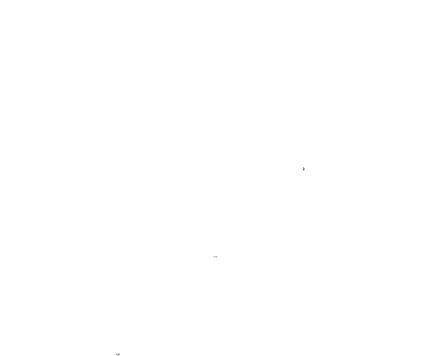
Instructions for completing the EPSDT Medical Needs Assessment (DMAS- 62)
1.All individuals are scored upon admission and every 6 months thereafter by a Physician, Physician’s Assistant or Nurse Practitioner.
2.Individuals must receive a minimum score of 1 point to receive any level of EPSDT nursing services.
3.Scores in the nursing needs section reflect the time needed to perform the skill. The total nursing needs score approved by DMAS determines medical necessity for "substantial and ongoing" nursing care.
4.Ventilator dependent individuals will not receive a technology score for tracheostomy. The need for this technology is included in the score for ventilator.
5.Oxygen must be continuous and needed at least 12 hours per day to receive the score for oxygen use. For intermittent oxygen needs, please describe the use in the “assessment and specialized treatment” section of the form (DMAS will assign points for PRN oxygen use under the assessment category). If an individual has a diagnosis of Bronchopulmonary Dysplasia (BPD) and requires continuous oxygen, 24 hours per day and meets any two of the following conditions, he/she is eligible for the increased points for unstable oxygen:
•On diuretics
•Albuterol treatments at least q4hrs around the clock
•Weight is below 15th percentile for age and gain does not follow normal curve for height
•>3 hospitalizations in last 6 months for respiratory problems
•Daily desaturations below doctor ordered parameters and desaturations require nursing intervention
•Physician ordered restricted fluid intake
6.For an individual to qualify for the intermittent/complex
•swallow study within the last six months that documents reflux
•treatment for aspiration pneumonia in the past 12 months
•need for suctioning due to reflux (not oral secretions) at least daily
7.Several areas in the nursing needs section assign points based on the frequency of the need for the activity, e.g. trach suctioning q1hr. The individual's nursing record must support the frequency. The agency plan of treatment and the medical needs assessment must document that the individual needs suctioning at this frequency of on an ongoing basis. Typically, when an individual has an upper respiratory
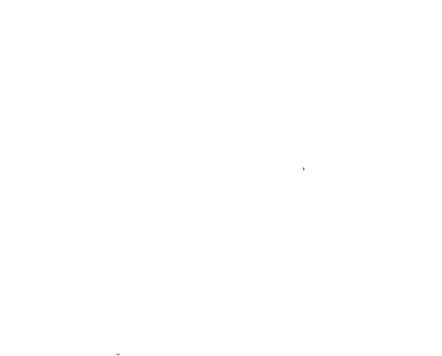
infection, the need for suctioning increases, the frequency determination should not be based on the individuals needs during illness but on the time when an individual is in their normal health status. Document increased need only when a substantial change in their health status has occurred. An individual does not receive points in the suctioning category if the individual is able to suction his own trach or solely requires oral suctioning.
8.Medication points relate to the complexity of the individual's medication regimen.
•Individuals who are on one or two routine medications that do not require dosage adjustment based on the individual's condition will receive the "simple medication" points.
•Individuals who are on more than two medications, one or more of which require close monitoring of dosage, side effects etc. will receive the "moderate medication" points.
•Individuals who are on more than six medications given on different frequency schedules or who need close monitoring of dosage/side effects of more than four different medications will receive the "complex medication" points.
•Some individuals receive multiple PRN medications. DMAS must receive documentation (send monthly nursing notes with each plan of treatment) that the individual is actually receiving these meds or these medications to qualify for "complex" points.
•Nebulizer treatments do not count as medications.
•When a physician prescribes vitamins and/or mineral supplements and the individual receives all medications solely by
9.Sterile dressing changes only are eligible for points. Individuals with a trach are ineligible for dressing change points. This is included in the trach care point determination.
10.Special treatments include nebulizer, chest PT etc. that are done on a routine basis. Treatments must require a skilled professional e.g. ROM or splint application are not special treatments. If the treatments are done together, e.g. nebulizer treatments followed by chest PT,TID, the points for TID should be awarded. If the individual has multiple treatments that are given at different schedules that add up to a total of more than four treatments per day, then the QID points can be awarded. For example, an individual gets chest PT BID and specialized ostomy care TID. This individual would be awarded 8 points because of a total frequency of greater than 4 times per day. An individual cannot be awarded more than 8 points in this category no matter how many treatments they receive. Assessment for special treatments is covered in #13.
11.Specialized I/O monitoring is reserved for individuals who need careful monitoring of intake and output. Normally this monitoring would be due to the need for replacement fluids if the output is too large. Types of individuals who would need
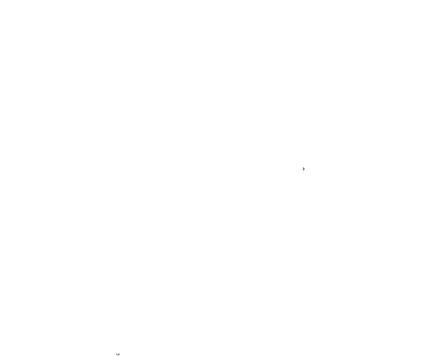
this type of monitoring are those with kidney problems, severe dumping syndrome etc. Normal daily measurement of I/O without the need to assess for replacement is not eligible for these points. One way to differentiate whether an individual is eligible for these points is to ask if the nurse does anything with the data. If she does nothing, or just calls the doctor, the individual is ineligible for these points. If she has to make adjustments in tube feeding amounts or rates, the individual is eligible.
12.Individuals require
13.Assessment and Specialized Treatments- Needs are summarized in the comments section or by an attached letter of medical necessity which describes the condition in need of assessment and regular treatment. The assessment and/or treatments must require a skilled professional e.g. seizure monitoring of a medically controlled seizure disorder are not those which require a skilled professional to provide the assessment or treatments. Indicate the frequency in the table, describe the treatment in the comments section of the form.
14.The Comments section is for major procedures that are not covered elsewhere on the form, e.g. peritoneal dialysis. If you have an individual that you feel has major needs that are not covered, contact the DMAS analyst with information on what the procedure is and the amount of nursing time needed to perform this care. The analyst will review the information and assign a point score for the procedure. Only the DMAS analyst can assign points for procedures in the comments section.
15.The total score for the nursing needs section will determine the medical necessity for nursing care. Individuals who receive EPSDT nursing services must receive a
16.After assigning the points in all the relevant categories, total the points and record at the bottom of the page. DMAS will issue the final score to indicate the level of service needed.
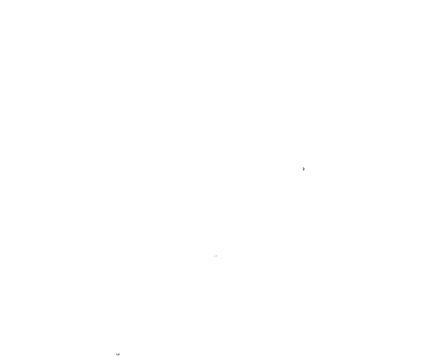
DEFINITIONS
Oxygen,
Oxygen, unstable, - Dependent on oxygen 24 hours per day plus any 2 of the following: Diuretics
Albuterol treatments at least q4hrs around the clock
Weight is below 15th percentile for age and gain does not follow normal curve for height
>3 hospitalizations in last 6 months for respiratory problems
Daily desaturation below doctor ordered parameters and desaturation requires nursing intervention
Physician ordered restricted fluid intake
Simple medication - One or two medications that do not require dosage adjustment
Moderate medication - More than two meds that require close monitoring of dosage, side effects etc.
Complex medication - Six or more meds on different frequency schedules. Four or more meds requiring close monitoring of dosage and side effects
Dressings - Sterile dressings only; Trach dressings are not included in this category
Special Treatments - Other treatments that are considered skilled e.g. nebulizer. ROM is not a special treatment.
Specialized I/O monitoring - Monitoring that includes judgment of fluid replacement needs
Assessment - Evaluation of complex medical conditions with daily assessment and treatment need. This area summarizes the daily medically necessary assessments required to determine daily treatment needs for intermittent and variable medical conditions that require the skilled medical interventions provided by a nurse.